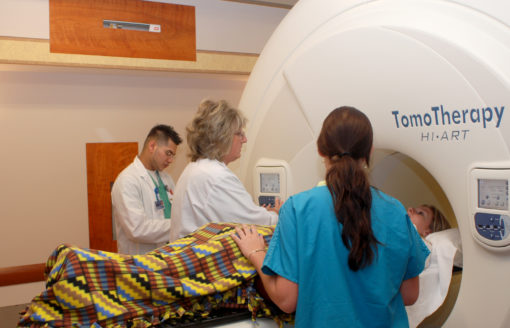Advancements in both genomics and personalized medicine have enabled the improvement in disease management processes. Genomic studies in clinical practices allow a better understanding of various diseases and their underlying mechanisms and facilitate evidence-based decision makings for physicians, which in turn have fueled the growing trend of targeted therapies.
The collaboration between Bristol-Myers Squibb (“BMS”) and Foundation Medicine is a good example showing how genomics can help in the fight of cancer. BMS will leverage Foundation Medicine’s comprehensive genomic profiling and molecular information solutions to identify predictive biomarkers in patients receiving the former’s cancer immunotherapies. Biomarkers can be used to characterize a tumor and the tumor microenvironment, which may reveal immune-related mechanisms and identify which patients are more likely to benefit from BMS’ cancer immunotherapies.
Besides being used in the healthcare industry, genomics and associated technologies have demonstrated their significant impact on crop genetics. The main focus of plant genomics is to raise crop yield and secure food supplies, as the world’s population is expected to display continued growth. It can be achieved by identifying genotypes with optimal agronomic traits. For instance, finding genotypes that can enhance drought tolerance of cereals is of prime importance in this regard. In addition, the emergence of various genomic tools that can be deployed to explore and exploit plant genomes is beneficial to crop improvement.
According to a report by Grand View Research Inc., the global genomics market is expected to reach $27.6 billion by 2025.





Oncology Drug Market Continues to be Robust